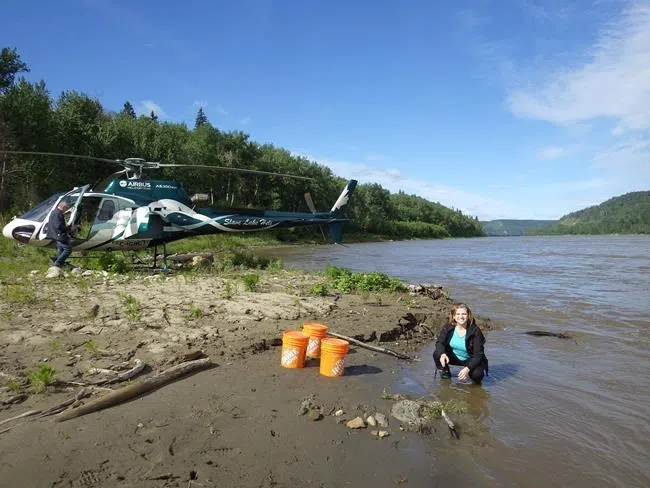
‘Hard on water:’ Smoke not the only long-range effect of wildfires
Smoke isn’t the only way wildfires affect people and places far from the flames.
Researchers are studying how blackened forests affect ecosystems and water quality far downstream just as hundreds of blazes in British Columbia are darkening skies as far east as Manitoba.
“Fires are particularly hard on water,” said Monica Emelko, a water treatment engineer at the University of Waterloo and a member of the Southern Rockies Watershed Project.
“If the intensity is there and enough of the watershed is burned, you can have a very significant impact on the water supply and that impact can be long-lasting.”
